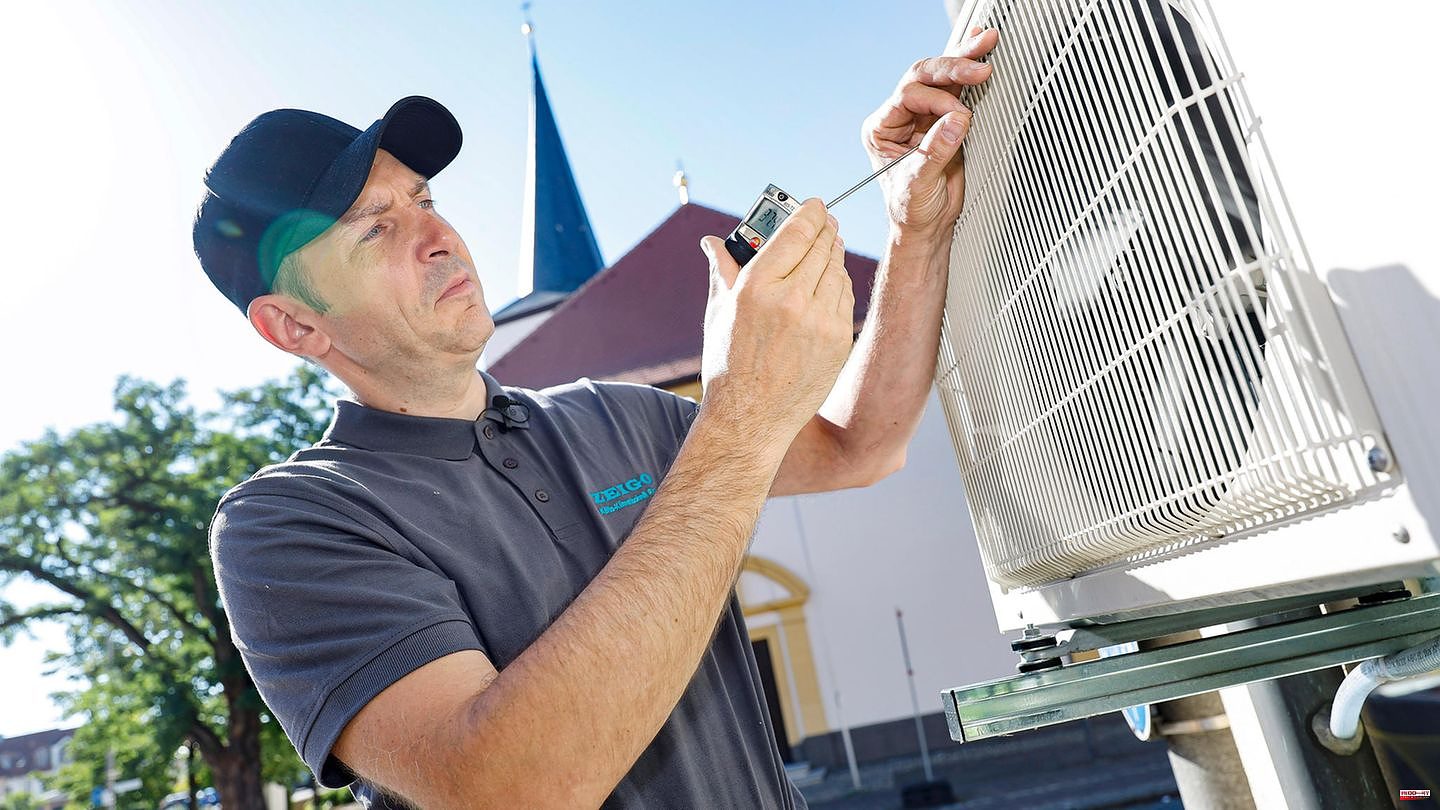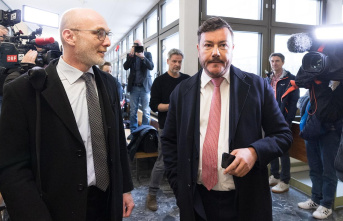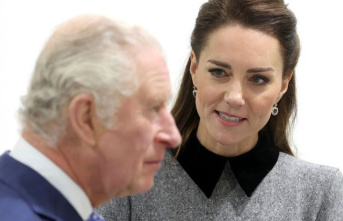This article is adapted from the business magazine Capital and is available here for ten days. Afterwards it will only be available to read at www.capital.de. Like stern, Capital belongs to RTL Deutschland.
Supply and demand works like this: If something is in high demand, you have to pay more for it. Simple principle actually. Nevertheless, the shortage of skilled workers does not seem to have been fully addressed yet. Although the entire country is crying out for skilled workers, the pay for the most in-demand jobs is below average. This is shown by an evaluation by the Federal Statistical Office with figures from April 2023.
Accordingly, people with recognized vocational training earned an average of 3,714 euros gross if they worked full-time. In most occupations that the Federal Employment Agency (BA) describes as bottleneck occupations, i.e. in which there is a particularly severe shortage of skilled workers, employees earn significantly less on average. The extreme example: Skilled workers in agriculture had an average gross salary of 2,609 euros, which was 1,100 euros below the average. Dental assistants also earned over a thousand euros less than the average, with an average gross salary of 2,660 euros.
Even in so-called future jobs, people earn below average. Bus drivers and tram drivers, for example, earn an average of 3,189 euros, while heating technicians and sanitary technicians earn 3,412 euros. Only in two of the bottleneck occupations mentioned do people earn above average. Geriatric carers receive an average gross monthly salary of 3,920 euros. There is a little more in nursing, here the salary is 4067 euros, 350 euros above the average.
It's not just your specific career choice that makes a difference in salary. The statistics also show relevant differences depending on the professional qualification. With a doctorate or habilitation, the gross monthly salary is 8,974 euros. Without a professional qualification at 3060 euros. With a diploma, master's degree, master's degree or state examination you earn an average of 6,448 euros, almost 1,500 euros more than with a master's/technician or technical school degree (4,980 euros). This in turn puts you above the average earnings of people with a bachelor's degree (4,791 euros), which is 468 euros above the overall average. What the evaluation shows: Even in the relatively well-paid training profession of nursing, you earn significantly less than people with a degree or master's degree.
If you want to find out how you compare to others in the same profession or with the same qualification, the Federal Statistical Office offers an interactive salary calculator. You can find it here.







